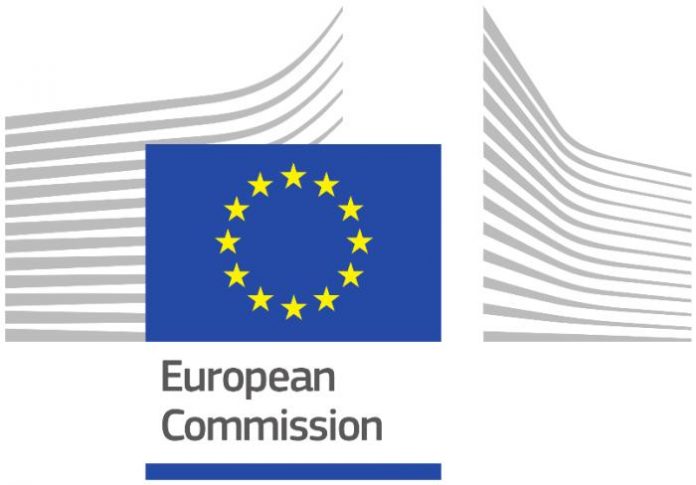
By Melanius Alphonse
Caribbean News Now Associate Managing Editor
melanius@caribbeannewsnow.com
CASTRIES, Saint Lucia — The European Commission tax haven blacklisting of Saint Lucia in December 2017, and subsequent removal in January 2018 were based on committing to comply with the European Union (EU) code of conduct tax (base erosion and profit shifting minimum standard) and good governance criteria. This included administrative defensive measures that reinforced transaction monitoring, increased audit risk for taxpayers benefiting from the regime, or increased audit risk for taxpayers that use arrangements involving the jurisdiction.
However, EU letters dated February 1, to governments of Barbados, Belize, Curaçao, Mauritius, Seychelles, and Saint Lucia, warned that recent reforms would not be sufficient to keep their countries off the 2017 EU blacklist. In particular, Saint Lucia’s version of an exemption for foreign income is a clear case of ring-fencing. The letter asks for a commitment to end the harmful practices identified and comply with the blacklist criteria by the end of 2019, with no grandfathering provisions.
All of the countries mentioned are required to commit to abolish or amend their regimes in line with EU standards. This includes commitment to transparency through automatic information exchange and administrative assistance agreements and compliance with the four minimum standards of the OECD base erosion and profit-shifting project; and must also meet “fair taxation” standards by not offering harmful preferential regimes or facilitating structures that attract profit without real economic activity, to stay of the blacklist.






